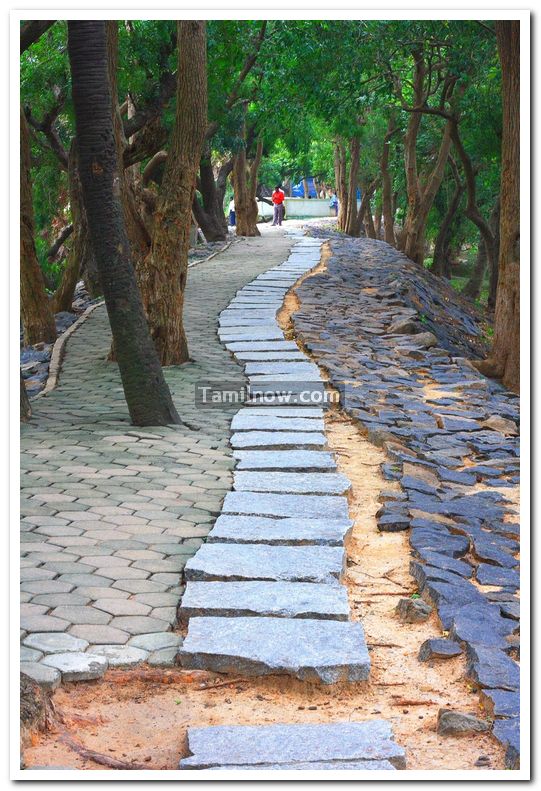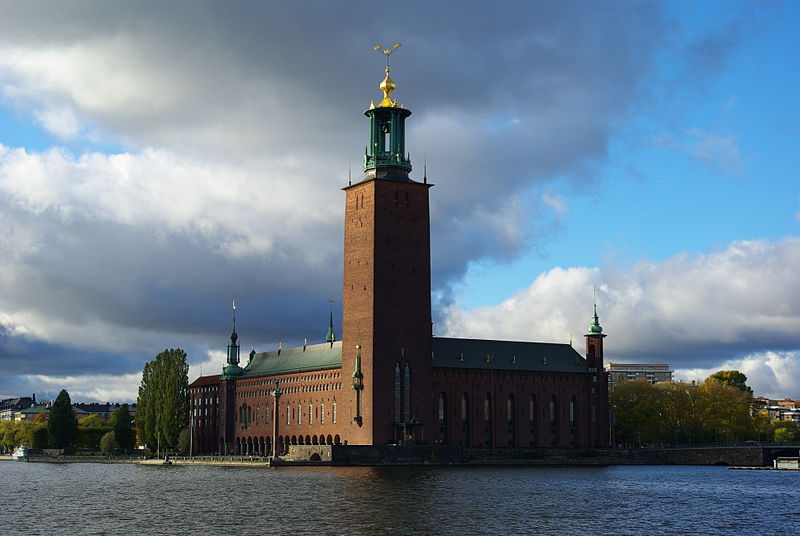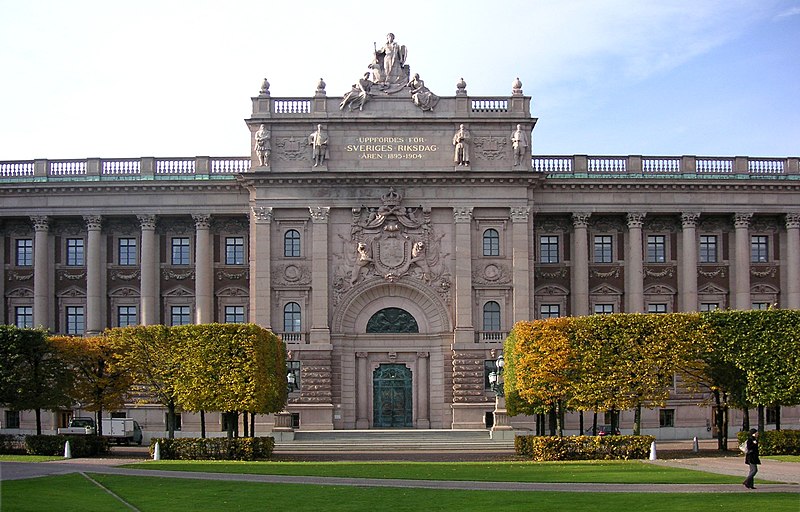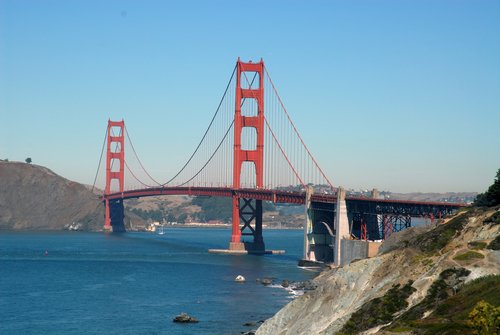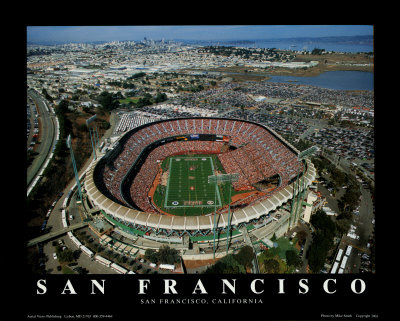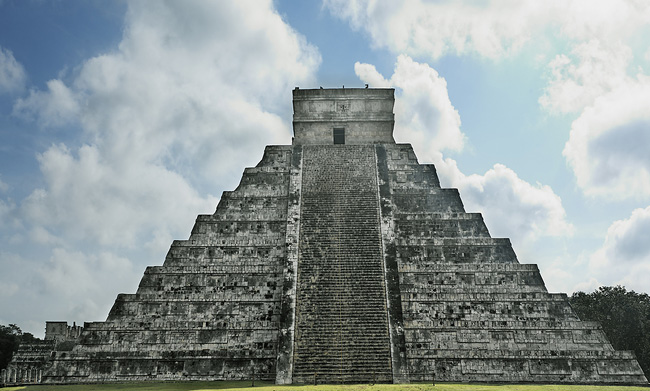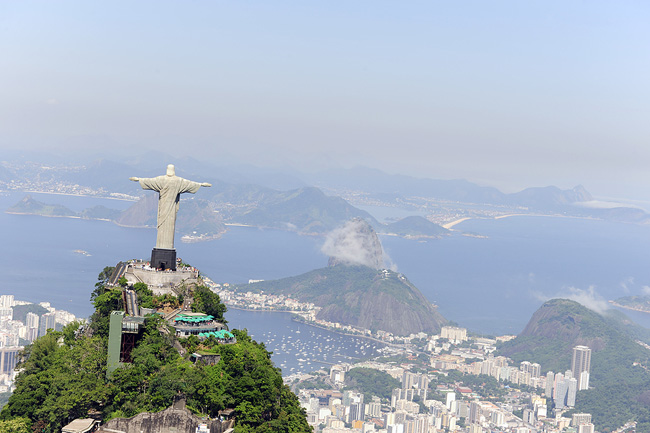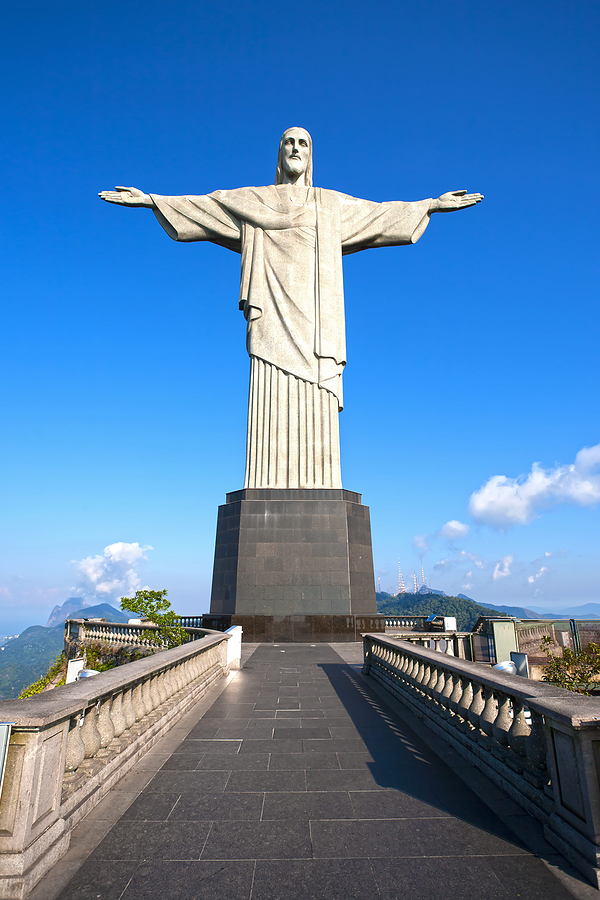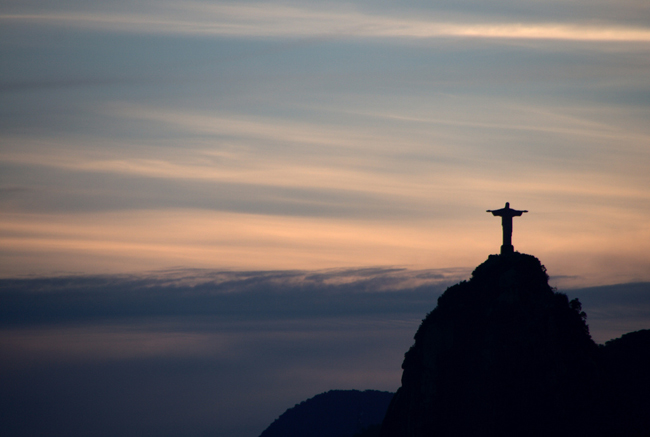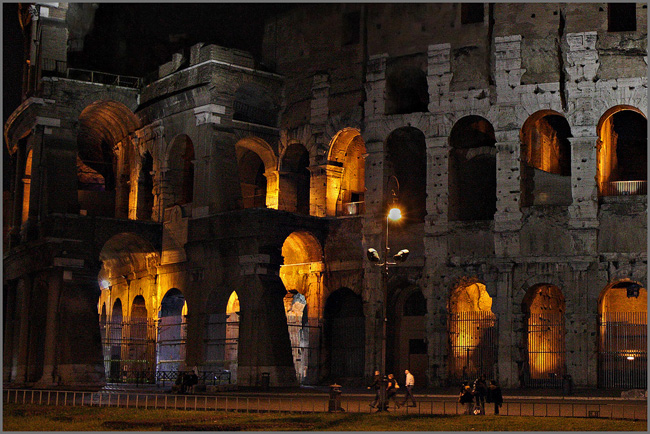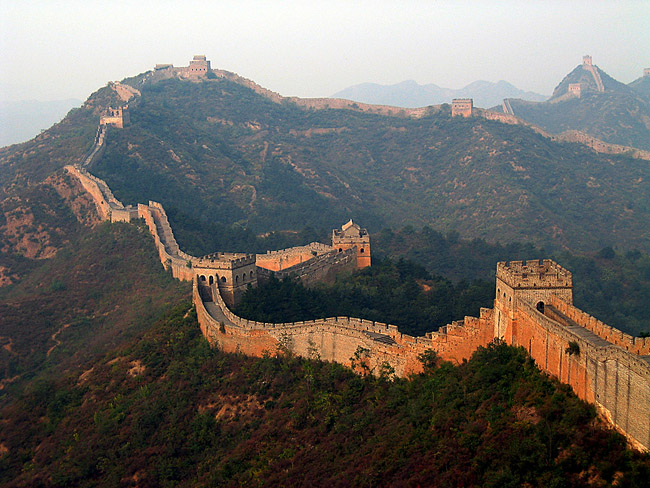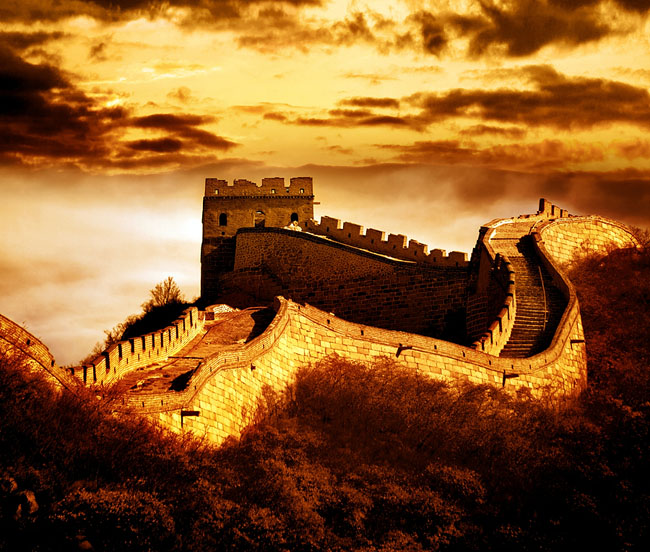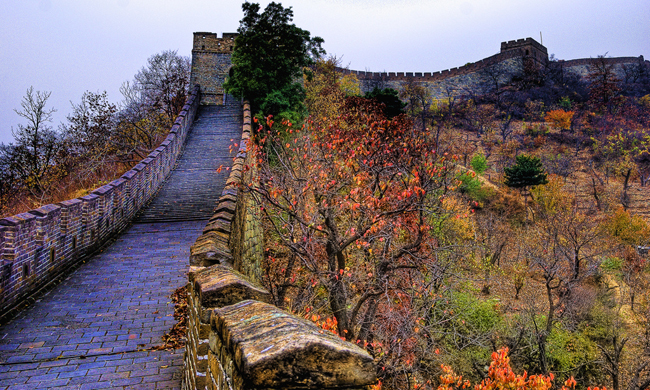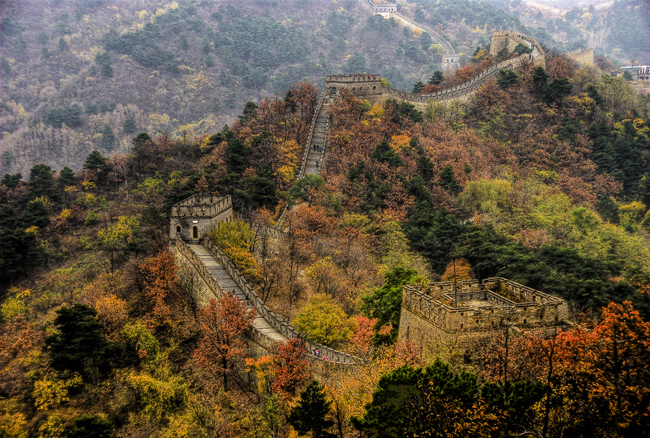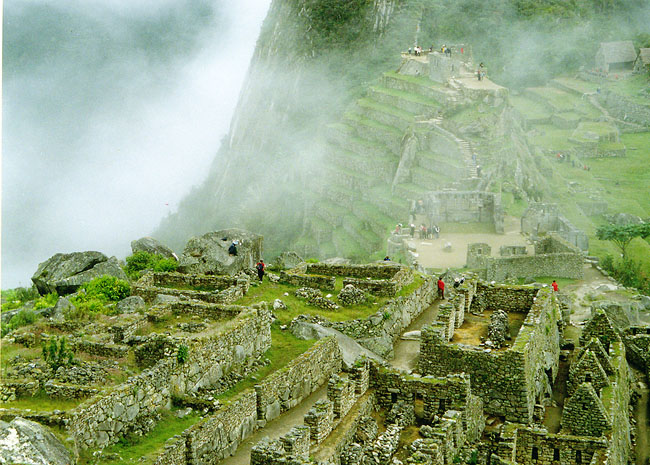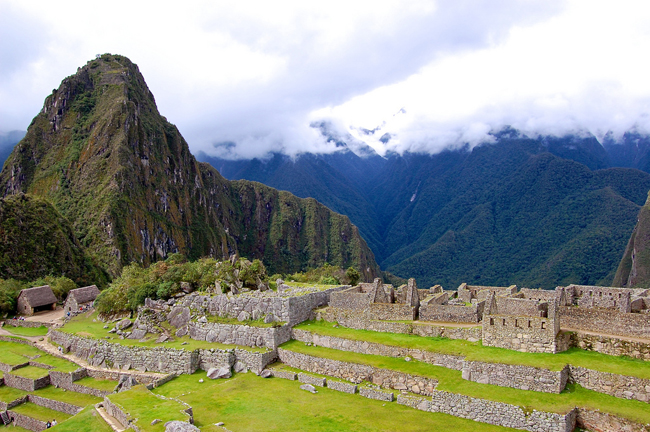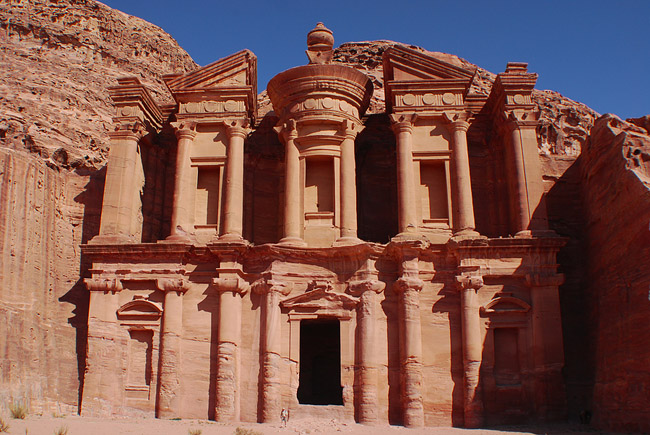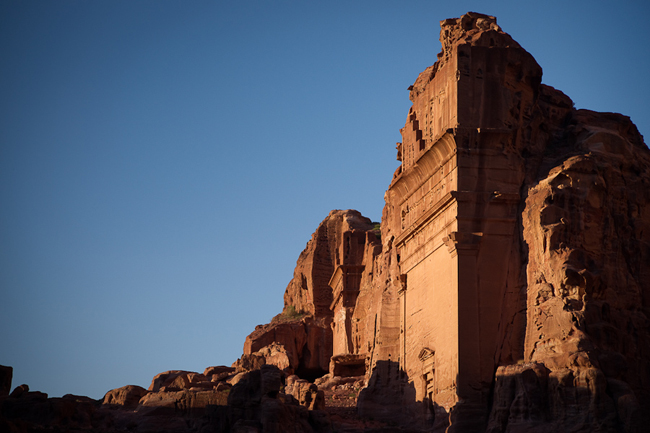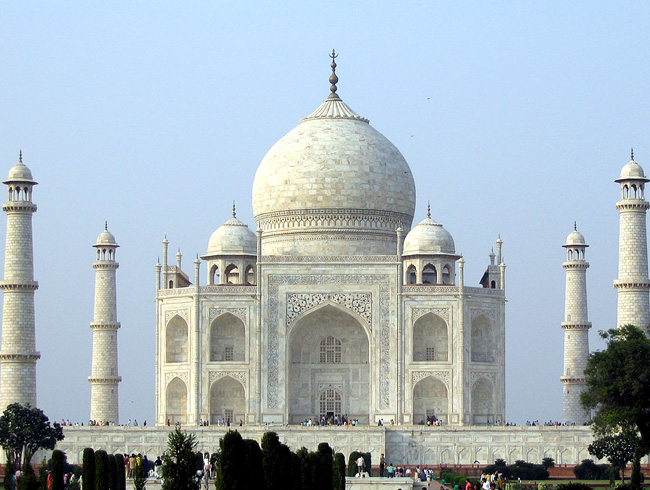Total Pageviews
Tuesday, 31 January 2012
Monday, 30 January 2012
New 7 Wonders of the World
The Pyramid at Chichén Itzá (before 800 A.D.) Yucatan Peninsula, Mexico
Chichen Itza once served as the political and economic center of Mayan civilization. The city housed masterpieces like the Temple of Chac Mool, the Hall of the Thousand Pillars, the Playing Field of the Prisoners and the pyramid of Kukulkan, which was the last Mayan temple.
The 125-foot statue (including pedestal) is an art deco style design by Heitor da Silva Costa, carved by French sculptor Paul Landowski. The statue took five years to construct with the pedestal and chapel being ready to accommodate 150 people as of October 1931.
The Roman Colosseum (70 – 82 A.D.) Rome, Italy
The Roman Colosseum, also spelled, ““Coliseum,” was constructed as an amphitheater. The architect of the masonry and cut stone tiers of arches and half-columns of Doric, Ionic, and Corinthian orders is unknown. The Colosseum could hold 50,000 spectators and had 80 entrances. The base of the building covers six acres and is roughly the height of a 12-15 story building.
The Great Wall of China (220 B.C and 1368 – 1644 A.D.) China
Parts of the Great Wall date to more than 2500 years ago. Originally constructed to protect their territories from invasion, Emperor Qin Shi-huang ordered General Meng Tian to extend and connect the walls after 220 BC to dissuade the Huns. The Wall once served as a united defense system, but its functionality and purpose changed over time. No one can deny, however, its greatness. Thousands of people dedicated their lives to building and defending the historic wall.
Machu Picchu (1460-1470), Peru
Machu Picchu or Old Peak and Hoaynawhich, New Peak, overlooks the Urabumba River Canyon. About 43 miles from Cuzco, capital of the Incan Civilization, is the home of legends. In July 1911 Martain Bingham, with a topographer, biographer, and geology engineers found Machu Picchu. To this day the stones are fit together so tightly you’d have a hard time getting even a thin knife between them.
Petra (9 B.C. – 40 A.D.), Jordan
The rosy red mountains and mausoleums are one of the greatest wonders. No doubt Jordan’s greatest tourist attraction is a vast, unique city, carved into a sheer rock face. The Nabataens, an industrious Arab people settled there more than two millennia ago. Enter the city through a long narrow gorge flanked by high cliffs. The tomb of the king extols the engineering genius of the ancient people.
The Taj Mahal (1630 A.D.) Agra, India
The Taj Mahal of Agra, on the banks of the River Yamuna, conjures up appreciation for its beauty. The construction was a result of love. Mughal Emperor Shah Jahan dedicated the monument in memory of his wife Mumtaz Mahal. It’s said he fell in love with her at first sight. Translated “Crown Palace,” the wonder is of pure white marble, with exquisite ornamentation, gemstones, and beautiful surroundings.
Subscribe to:
Posts (Atom)







